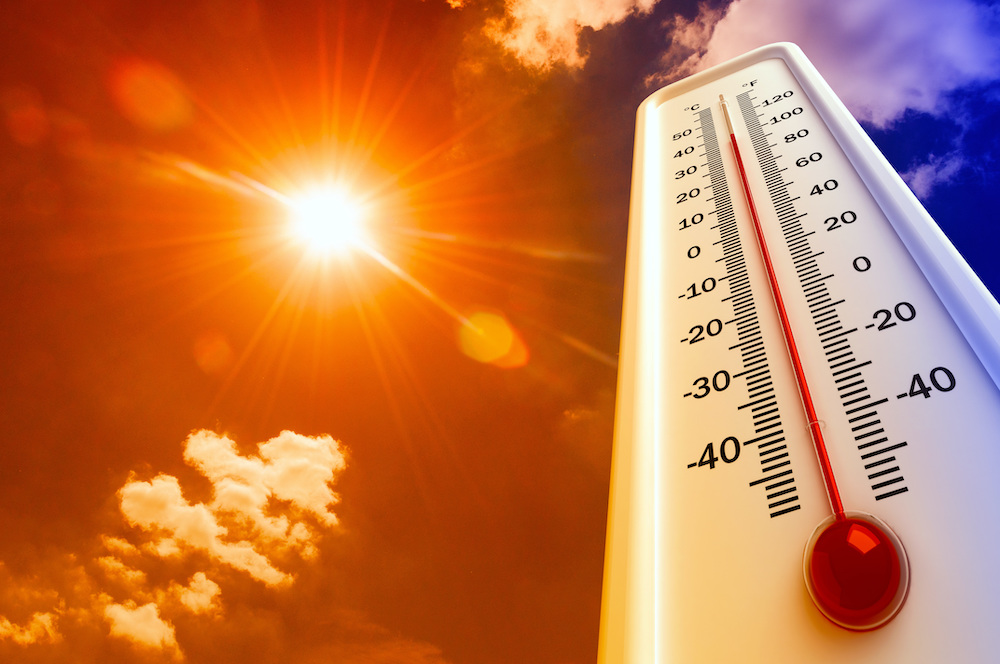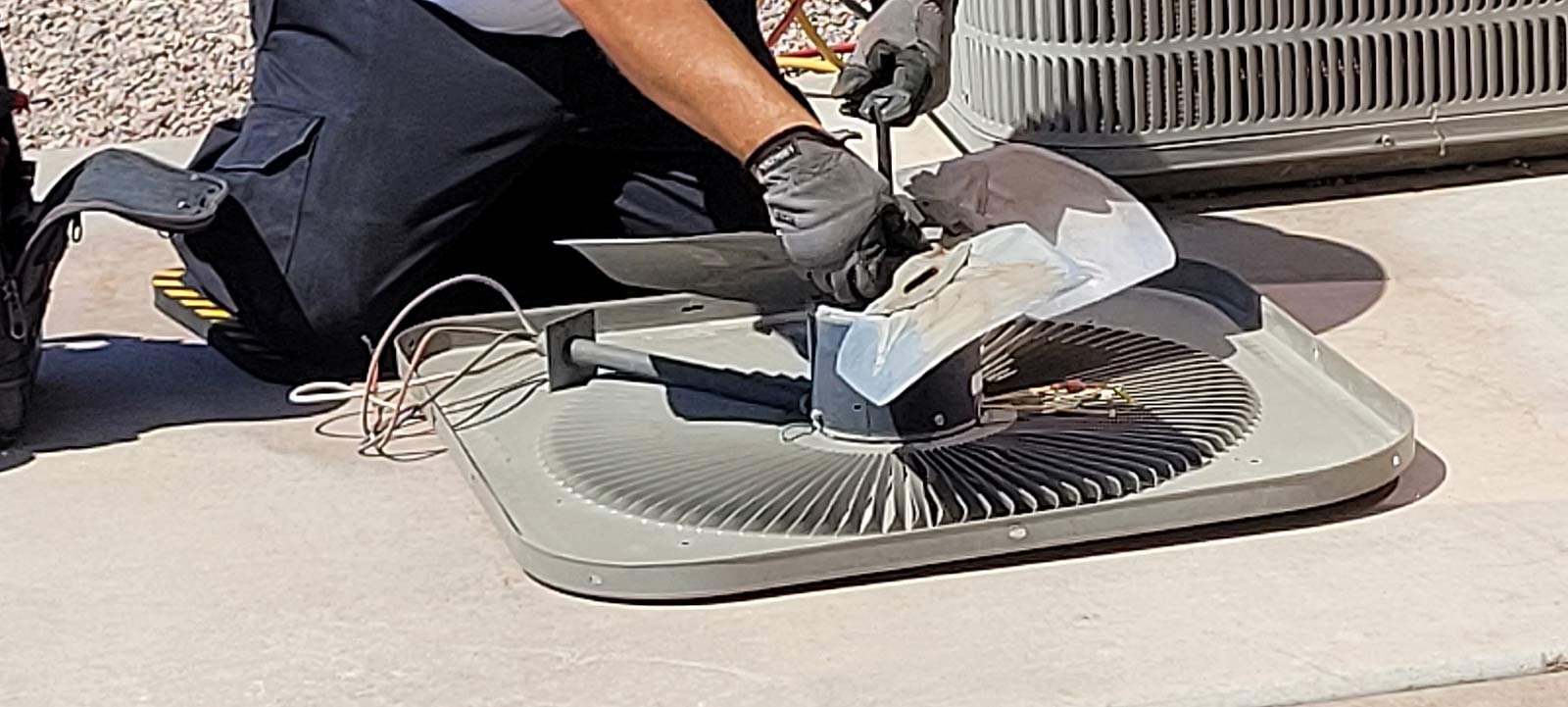
Your HVAC unit is a breathing machine just like the human body; think of your lungs pulling in the crisp, cool air and pushing out the warm carbon dioxide you don’t need. An HVAC system operates in much the same way. So, it begs the question “Is your AC ready for the heat that’s coming in the next few months?” and “What does a homeowner need to do to make a system run as efficiently as possible – saving money and keeping the home cool?” Glad you asked! Here is a quick checklist for you to make sure your Air Conditioning system is ready for the heat when it comes.
1. Clean Filters
Have you ever tried to run a marathon through mud, swim in the sand, or breathe through a block of wood? Neither have we – and your HVAC equipment work the same way. Any particulates clogging an air filter take up space otherwise allotted for air to pass through easily. The more air the system can take in, the more air it can pass out at the desired temperature. Cool change Heating & Air recommends replacing air filters every 30 days to optimize system efficiency, but the air flow doesn’t stop there.
2. Clean Outdoor Unit
Many pieces make up the outdoor unit – or condenser – for your HVAC unit including fins and freon coils. Air that is pulled in from the outside flows through the fins and over the freon coils, cooling the air before it enters the home. Clogged or dirty fins reduce system efficiency in that the particulates on the fins prevent heat from being removed from the air; as a result: that warm, muggy Raleigh air that flows into the house is not cooled optimally.
3. Adequate Space for Condenser
Nobody likes to feel claustrophobic, and condensers work best with elbow-space, too. When the outside world encroaches on your condenser it impedes the steady air flow needed for the system to function properly. Therefore, it is important remove any bushes or other hinderances that prevent your condenser from getting all the breathing room it needs.
4. Capacitors Checked & Within Factory Specifications
Capacitors help the motors of an Air Conditioning unit run at the designated speed and amperage by supplying additional energy – stored in the capacitor – as needed. When the capacitor operates out of factory specification the motors run at higher amperage and slower speeds which not only reduces efficiency, but can drastically shorten the lifespan of motors and even destroy them completely in some cases. An estimated 70% of summertime HVAC Emergencies are related to malfunctioning capacitors, and many times the faulty capacitor takes a motor down with it.
5. Tight Electrical Connection
Ever hear a buzzing sound from your outdoor unit? When the electrical connections within your HVAC system are loose it produces an audible.hum; this can be an indication of electrical arcing (the visible electrical discharge of electricity jumping between circuitry). Often a loose connection can be arcing and you will never hear it. These electrical shorts cause motors to malfunction and system failure over time. If the motors don’t have a strong electrical connection, they don’t have the continuous electrical supply needed to perform normally. Because electricity creates heat and heart causes metal to expand electrical connection can become loose fitting over time. For this reason it’s important that an air conditioning technician check your electrical connections inside your air conditioner on a yearly basis to maximize the life of your HVAC system.
It’s certainly easy to be overwhelmed getting your unit up to par of Raleigh summer heat wave, but Cool Change Heating & Air in Raleigh will put your at ease. The best way to get your air conditioner ready is to have an HVAC maintenance plan. Put your trust in the certified HVAC Specialists at Cool Change Heating & Air in Raleigh, where our great customer support team is always ready to serve your maintenance needs. Our number one goal is to make your air conditioner as efficient as possible and last as long as possible That is exactly why Cool Change has the Coolest Clients in Town




